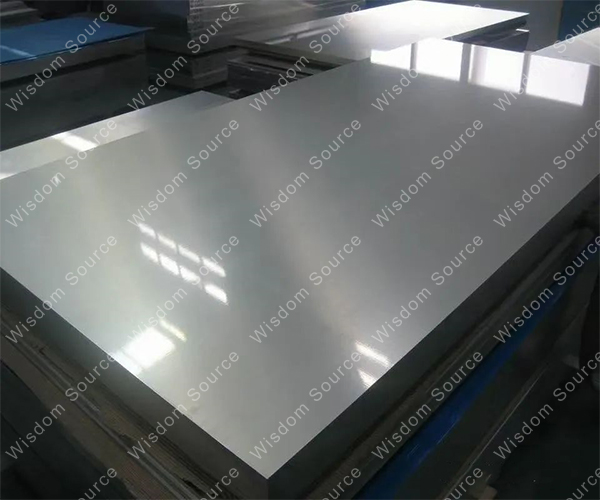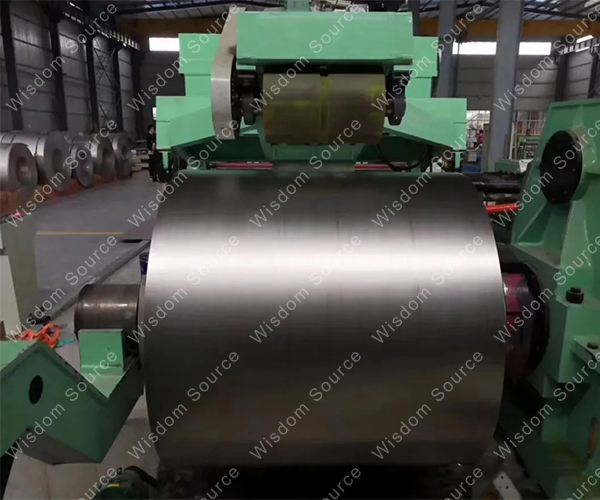Detailed Explanation Of The Surface State Of Titanium Plate: A Variety Of Options To Meet Different Application Needs
Detailed Explanation Of The Surface State Of Titanium Plate: A Variety Of Options To Meet Different Application Needs
Titanium plates can have different surface states, depending on the requirements of production and processing and the needs of the application. The following is a detailed introduction to the surface state of some common titanium plates:
1. Hot-Rolled Surface:
Hot-rolled is a common method of manufacturing titanium plates.Hot-rolled plates usually have a rougher surface, and subsequent processing and surface treatment are required to meet specific needs.
2. Cold-Rolled Surface:
Cold-rolled is the rolling of titanium plates at room temperature to obtain a smoother and more uniform surface quality. Cold-rolled sheets usually have a smoother surface, which is suitable for some applications that require higher surface quality.
3. Pickling Surface:
Pickling is a surface treatment method that can remove oxides, dirt and undesirable surface layers from the surface of titanium plates, thereby improving the appearance and corrosion resistance of titanium plates.

4. Polished Surface:
Polishing is the treatment of the surface of a titanium plate by mechanical or chemical methods to give it a highly smooth and reflective appearance. Polished surfaces are commonly used in applications that require exquisite appearance.
5. Sandblasting Surface:
sandblasting is to obtain a uniform rough surface by spraying sand particles on the surface of the titanium plate to increase surface friction and wear resistance. This kind of surface is usually used in some applications that require non-slip or increased surface roughness.
6. Anodized Surface:
Anodized surface is a surface treatment method that can form an oxide layer on the surface of a titanium plate to improve its corrosion resistance and hardness. This treatment is usually used in some specific electronic and chemical applications.

Each surface state has different characteristics and application areas. Choosing the appropriate surface state depends on your specific needs, such as appearance, corrosion resistance, friction properties, and assembly requirements. Before purchasing titanium plates, it is recommended to discuss your needs in detail with the material supplier or manufacturer to ensure that the most suitable surface state is selected.
